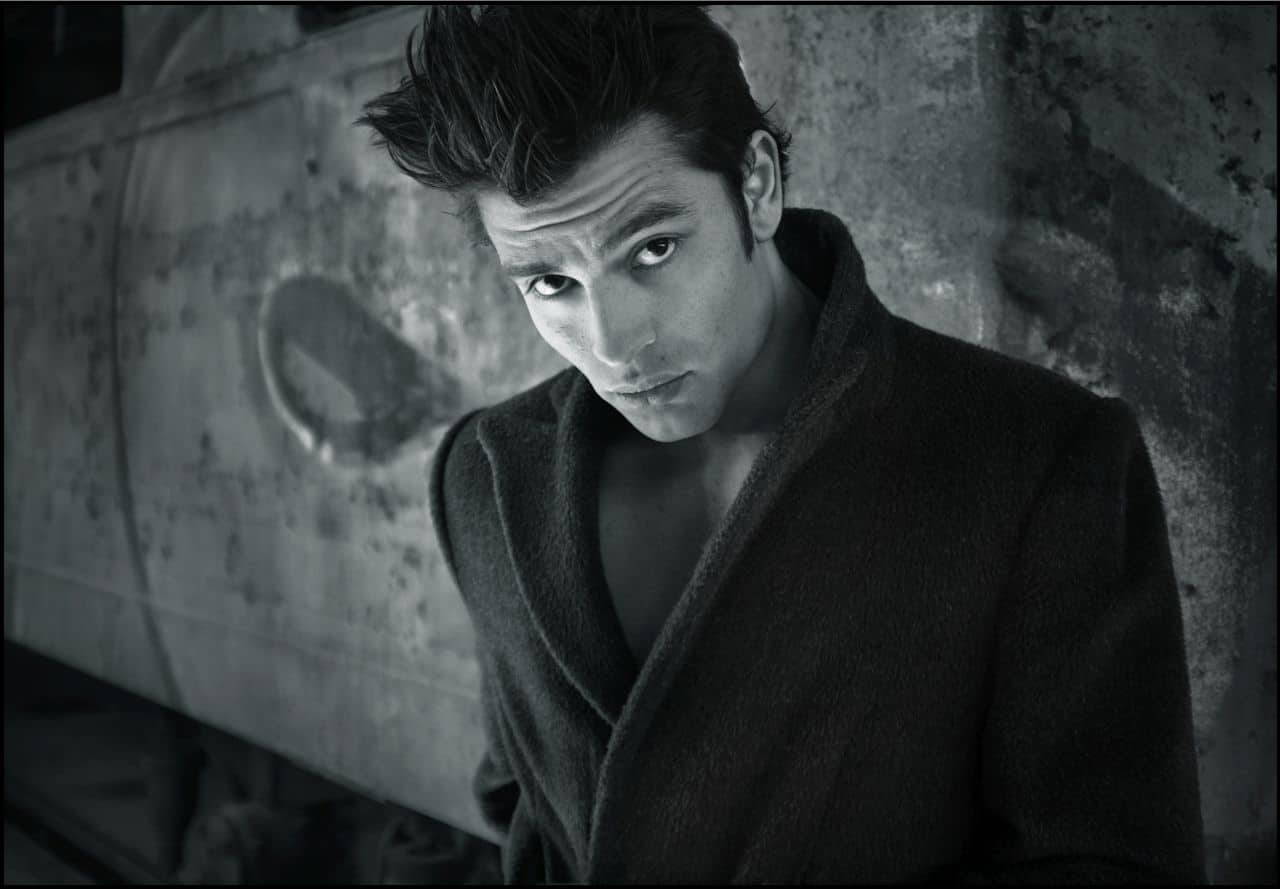“Buy less, choose well and make it last”. This sentence belongs to the famous British designer Vivienne Westwood and resumes briefly and clearly the concept of sustainable consumption. An idea that is more and more accepted among consumers and that is making them become more responsible when buying all sorts of goods like: food, technology and of course fashion.
Extreme consumerism during the last decades has put the planet in a great danger. The survival of the planet is threatened and consequently, the lives of the human beings and the species living on it. The equation is simple: the higher the consumption, the higher the contamination and the exploitation of natural resources.
The fashion industry is the second most contaminating in the world right after petrol. The rise of fast fashion, the false necessity of continuously buying clothes for cheap, are the main reasons of this reality.
However, it’s not all dark and pessimist and there is still hope at the end of the tunnel as some important signs of change are about to come. Ahead of the threatening climate change and the growing worry of the consumers about the origin of the clothes they are buying, designers and fashion brands are acknowledging the problem and are seeking for solutions.
The substitution of leather by synthetic material, the reduction of carbon emission, the use of sustainable fabrics, the recycling of clothes… There are infinite measures that can be taken, not only to reduce the negative impact of fashion over the environment but also to improve the brands image that are taking them. Here is a list of a few designers and pioneers brand who are already taking action:
Stella McCartney
The British designer and daughter of the famous ex vocalist of the Beatles, Paul McCartney, has been one of the first designers to take a chance on sustainable and responsible fashion. Her collections are addressed for both men and women who want to be part of that movement.
The innovation in the materials is a major focus in her creations as she never uses leather, skins or other textiles coming from animals.
In her line with Adidas, she uses Eco-friendly fabrics like recycled polyester and organic cotton along with other innovative materials like the plastic Parley Ocean or the Econyll.
The collection F/W 18 reinvents the Adidas Ultra Boost silhouettes by making them more feminine and more trendy with the incorporation of attractive elements such as shiny finishing or animal print.
Vivienne Westwood
The case of Vivienne Westwood goes beyond the limits of conscious fashion and fall within social and environmental activism. The shows and the campaigns of the queen of punk are a way of protesting against the wrong practices of the textile industry towards the environment and to raise awareness in society about the importance of keeping the planet clean.
Her commitment to nature not only involves the design but also the staging of her collections. Last year, Westwood collaborated with The British Fashion Council over a project about the Treaty of Paris whose aim was to make British Fashion take action in the fight against climate change. Under the name Fashion Switch, the program’s goal for 2020 is to push brands and fashion businesses to exclusively work with providers 100% sustainable.
Edun
The fashion brand created by Ali Hewson and Bono, promotes fair trade since its beginning in 2005 by producing all its clothes in the African continent. The production is sustainable, ethical and handcrafted.
The African roots are also present in the aesthetic of the collections in a very authentic way as the artisans who make them, also play a big role in the creative process and collaborate closely with the design team located in New York.
The clothes and the accessories of Edun make us travel to a colorful continent of thousands of colors. As for the patterns and the Mix and Match, they create a very special link between the creators and the customers.
Tome
The brand founded by Ryan Lobo and Ramon Martin is an example of sustainability in all of the sectors, starting from the choice of materials and the providers to continuous check-ups of the manufacturing process. The result is: sustainable clothes designed for the modern woman that feature a sophisticated design and a new way to present cuts and extreme combinations.
Apart from its eco-friendly vision in fashion, Tome places the woman in the center of its creations, campaigns and brand communication.
Moving away from the pre-established beauty standards, Tome prefers to pick models from different ages and ethnicities.
Eileen Fisher
What started as a small project on low budget has turned into a big fashion company over the years with hundreds of shops in the United States, in Canada and in England ¡t also counts with considerable online sales.
The designer Eileen Fisher built her design strategy and her creativity on basic clothes, easy to put in and to combine and that adapt to women’s necessities nowadays.
Simple silhouettes carefully made, where the social awareness and the fight against climate change are two major principles.

